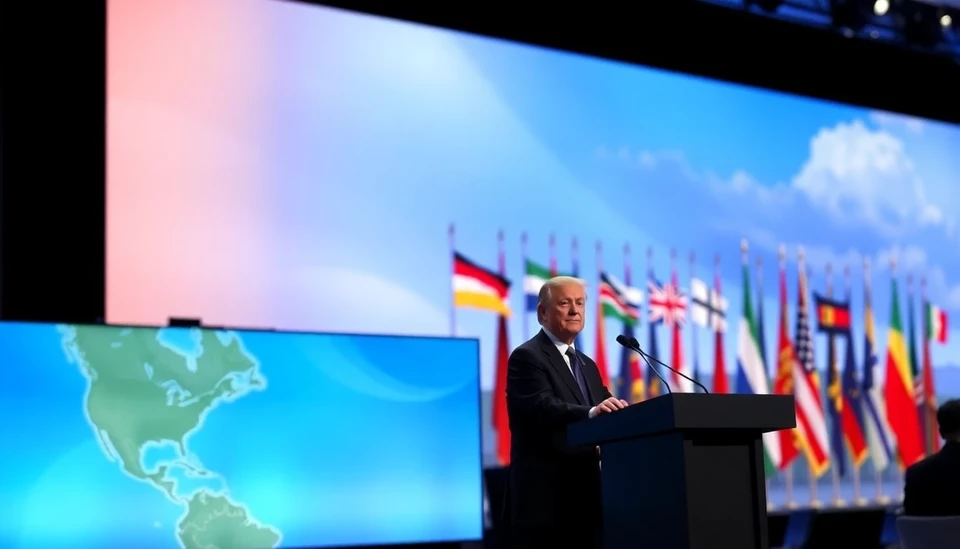
The G-20 summit, set to take place soon, is gearing up to deliver a robust message endorsing global climate initiatives and the necessity of free trade. This significant gathering of world leaders comes at a crucial moment, particularly in light of former President Donald Trump’s administration, which has faced criticism for its climate policies and trade relations.
As the leaders convene, discussions are expected to center on solidifying commitments towards reducing carbon emissions and promoting sustainable development. Delegates are reportedly eager to present a united front to convey that addressing climate change and fostering international trade are vital for sustainable economic growth and environmental stewardship.
The backdrop of this summit is particularly resonant for many countries that have pointed to the adverse impacts of climate change. The agenda is anticipated to focus not only on reaffirming existing climate agreements but also on introducing new strategies aimed at enhancing global cooperation in combating climate change. Countries are likely to emphasize the importance of renewable energy sources and the need for investment in green technologies.
A key component of the summit will involve addressing the lingering effects of trade tensions and tariffs that have characterized the recent past. Many leaders are expected to advocate for the removal of trade barriers that hinder not only economic growth but also collaborative efforts in addressing environmental challenges.
In a clear counter to Trump’s ‘America First’ approach, which often prioritized national over global interests, the summit seeks to reinforce the message that collaborative international efforts are essential in tackling global issues like climate change. The language used in these discussions will likely reflect a commitment to multilateralism as a guiding principle for future trade agreements and climate action.
Additionally, major economies such as China and the European Union are anticipated to play pivotal roles in the dialogues. Both are under pressure to lead by example in the face of global climate crises. Their leadership, along with support from other nations, could create a momentum that challenges more isolationist policies and promotes environmentally conscious economic strategies.
The outcome of the G-20 summit could have lasting implications for global cooperation on climate action and trade. As the world increasingly faces the dire consequences of climate change, the commitment of these leaders to work together will be seen as a critical factor in shaping the policies that govern environmental and economic futures.
Observers are keenly waiting to see whether the communique from the summit will reflect a departure from past divisive politics or if it will solidify into a clearer vision backed by actionable commitments from the world’s leading economies.
In conclusion, this G-20 summit not only signifies a meeting of minds but also symbolizes a renewed hope for cooperative global governance in the face of pressing challenges. The attention of the international community will undoubtedly be fixed on the outcomes of these pivotal discussions.
<#>G20Summit #ClimateGoals #GlobalTrade #SustainableDevelopment #ClimateChange #InternationalCooperation #TrumpPolicies #Multilateralism
Author: Peter Collins




